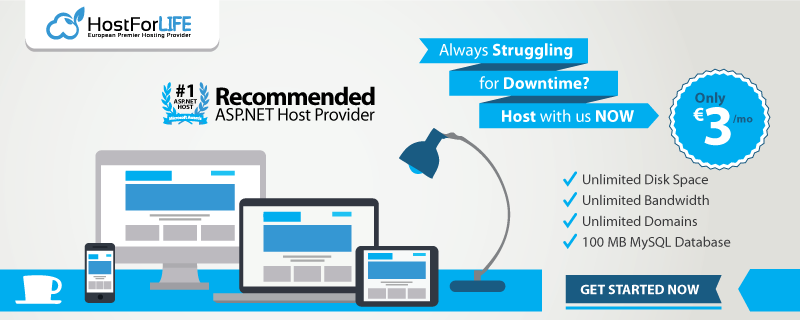Dependency management is simple in single-project applications. Dependencies, on the other hand, quickly become a complex mess in multi-project solutions. Conflicts, version discrepancies, and maintenance costs might reduce output. The revolutionary NuGet Central Package Management (CPM) centralizes dependency control, guaranteeing uniformity, dependability, and simplicity of maintenance for all of your solution’s projects.
When was Central Package Management (CPM) introduced?
Central Package Management (CPM) was introduced in 2022 for NuGet, which is a part of the .NET Framework. It became available in Visual Studio 2022 17.2 and later versions.
The feature is available across all NuGet integrated tooling.
- Visual Studio 2022 17.2 and later
- .NET SDK 6.0.300 and later
- .NET SDK 7.0.0-preview.4 and later
- nuget.exe 6.2.0 and later
Older tooling will ignore Central Package Management configurations and features. To use this feature to the fullest extent, ensure all your build environments use the latest compatible tooling versions.
Central Package Management will apply to all <PackageReference> projects – including legacy .csproj – as long as compatible tooling is used.
Why Do You Need CPM?
Managing dependencies across multiple projects can lead to inconsistency and inefficiencies. CPM helps resolve common issues, such as,
- Version Mismatches: Different projects referencing different versions of the same package can lead to unpredictable behavior.
- Example: One project uses Serilog 4.1.0, another uses 4.0.2, and another is still on 3.1.1.
- Dependency Conflicts: Conflicting versions may cause build failures and runtime errors.
- Example: Project A requires Newtonsoft.Json 13.0.1, while Project B depends on version 12.0.3, causing compatibility issues.
- Manual Version Management: Keeping track of package versions across dozens of .csproj files is time-consuming.
- Example: Updating Polly to a newer version requires manually modifying multiple project files without CPM.
- Long Debugging Sessions: Inconsistent dependencies often lead to hard-to-trace bugs.
- Example: A team spends hours debugging an issue, only to find out that a package version mismatch is the root cause.
With CPM, all projects stay in sync, eliminating these pain points and ensuring smooth collaboration.
Setting It Up
Let me show you how to set up CPM. It’s easier than you might think.
First, create a file called Directory.Packages.props in your solution’s main folder.
Note the use of PackageVersion to define NuGet dependencies.
In your project files, you can list the packages using PackageReference without the version component.
That’s it, Now all your projects will use the same package versions.
- No need to specify versions – they are automatically pulled from the central file
- Ensures uniform package versions across all projects!
- Reduces maintenance and version conflicts effortlessly!
Key Benefits of CPM
- Version Consistency: All projects use the same package versions, reducing compatibility issues and ensuring predictable behavior.
- Simplified Maintenance: Manage dependency versions once in the Directory.Packages.props instead of updating multiple .csproj files.
- Improved Build Stability: Avoid build failures caused by mismatched package versions and dependency conflicts.
- Better Collaboration: Prevents team members from introducing inconsistent versions, streamlining teamwork and code consistency.
- Faster Builds: With consistent dependencies, build times are optimized, making the development process more efficient.
- Future-Proof Your Projects: Easier upgrades and transitions to newer versions of packages, keeping your projects modern and stable.
Conclusion
NuGet’s Central Package Management (CPM) is a must-have for large-scale .NET solutions. By defining package versions in one place, you gain better control, stability, and efficiency in your projects. No more dependency chaos—just seamless, hassle-free management.
Best ASP.NET Core 8.0.11 Hosting
The feature and reliability are the most important things when choosing a good ASP.NET Core 8.0.11 hosting. HostForLIFE is the leading provider of Windows hosting and affordable ASP.NET Core , their servers are optimized for PHP web applications such as the latest ASP.NET Core 8.0.11 version. The performance and the uptime of the ASP.NET Core hosting service are excellent, and the features of the web hosting plan are even greater than what many hosting providers ask you to pay for. At HostForLIFEASP.NET, customers can also experience fast ASP.NET Core hosting. The company invested a lot of money to ensure the best and fastest performance of the datacenters, servers, network and other facilities. Its data centers are equipped with top equipment like cooling system, fire detection, high-speed Internet connection, and so on. That is why HostForLIFEASP.NET guarantees 99.9% uptime for ASP.NET Core . And the engineers do regular maintenance and monitoring works to assure its ASP.NET Core hosting are security and always up.



